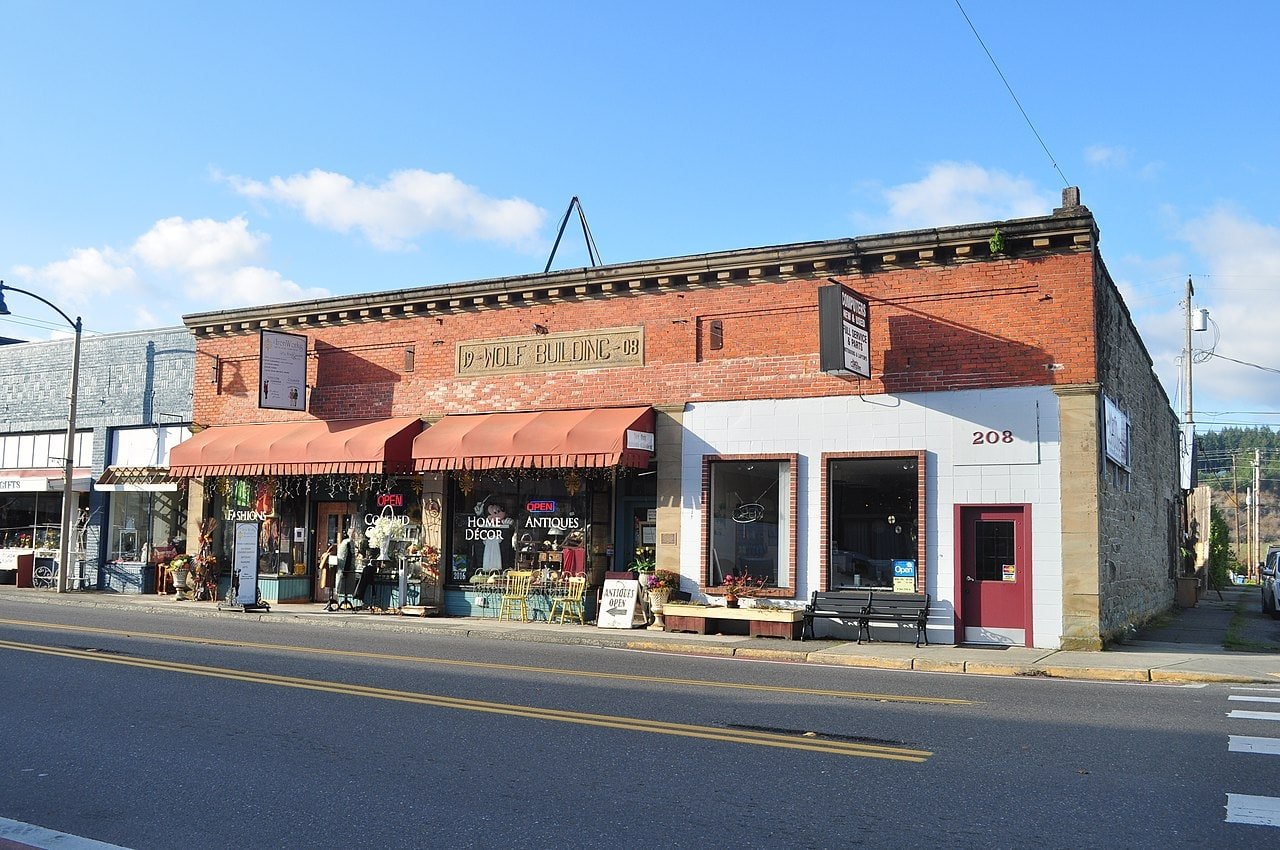Small Town Creates Local Currency to Weather COVID-19 Impacts

Tenino, a small town in Washington state, is printing its own currency to help local businesses during the COVID-19 pandemic.
Like many other small towns around the world, Tenino, Washington, was hit particularly hard by the economic impacts of COVID-19. Many residents were put out of work, while local businesses struggled to pay their bills and keep doors open. In response to these economic hardships that he was witnessing, Tenino’s mayor Wayne Fournier decided to create an aid program that allocates $10,000 for low-income residents affected by the pandemic. What is unique about the plan, however, is Fournier’s idea to issue the money in the form of a local currency that is printed on sheets of wood and designed specifically for Tenino.

The program works like this: local residents living under the poverty line who can demonstrate that they have been economically impacted by the pandemic can apply for up to $300 per month from the government’s $10,000 fund. The grant is distributed in “Tenino dollars,” which are wooden notes worth $25 each. The money can only be spent on essentials, such as food and gas, and cannot be used for the purchase of alcohol or tobacco. Businesses who are part of the program then submit redemption requests twice a month to exchange the wooden notes for cash from the government. Large multinational corporations like Walmart and Amazon are not included in the program, which ensures that as much of the fund as possible stays within the community to support local businesses.

This is not the first time that Tenino has printed its own currency. In fact, Fournier’s idea drew inspiration from the town’s own history, when local leaders issued wooden bills after the only bank in town closed in 1931 during the Great Depression. Now, as Tenino is struggling from COVID-19 impacts, the town is using the same printer from a century ago to revive the local economy once again.
Tenino is not alone in its efforts — amidst the pandemic, many cities have created their own currencies to help residents in crisis. While local currencies may not have long-term macroeconomic effects, in the short run they effectively act as a cushion for small businesses and low-income residents who are disproportionately affected by economic shocks. Ultimately, by creating unique bonds between residents, community currencies also provide a sense of local identity and belonging.



